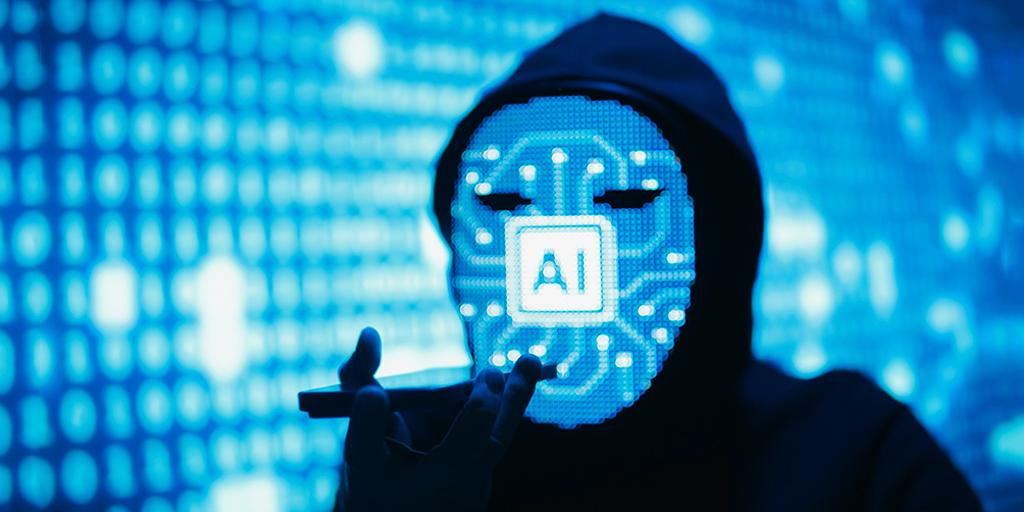
The Truth Behind A.I. Deception
Artificial Intelligence (A.I.) is growing exponentially and changing our world at a dizzying pace. Almost every sector of society is making use of this technology, including manufacturing, government, military, transportation, banking, education, healthcare, and agriculture. Beneficial and wonderful applications and uses for A.I. are being implemented, but like any other invention, it can also be turned to harmful endeavors.
Thesaurus.com says there are 750 synonyms and antonyms for deceive. Mostly these words are for different ways humans can deceive humans. And now A.I. is being used to enhance mankind’s ability to deceive others—generating fake data, images, stories, reports, and even personas as media influencers. Do we really need A.I. helping us to find more ways to lie and deceive? Is anything believable anymore?
One of the earliest concerns brought about by A.I. was the potential of “deepfakes,” which are false representations of real people, produced using A.I. techniques for the purpose of misinformation or other illegitimate uses. A.I.’s increasing level of sophistication makes it harder and harder to determine whether an image or video is real or a “deepfake.” The danger of A.I. being used for fraud and crimes is extremely high, as is the potential of individuals and even nations suffering extreme consequences of such deception.
In addition to deliberate misuses of A.I. for nefarious purposes, A.I. is also subject to the veracity and accuracy of the data it analyzes. If data is flawed, biased, or of poor quality, it will produce flawed, biased, or poor analyses—like the old computing expression says, “garbage in, garbage out.”
Recent research has shown that A.I. has already produced deceptive information. A.I. systems have “mastered the art of deception” in gaming and also learned to cheat on safety tests. Another article carries this revelation further by showing that A.I. is “learning to deceive, strategize, and manipulate human perceptions strategically.” The obvious problem is that A.I. learned its abilities to deceive from its analyses of human practices. Deception is a very human flaw. It seems that every new thing mankind learns to do is almost immediately used for evil. Like the “gain of function” in genetically altering viruses, we have a “gain of function” in A.I., with results that may be just as deadly—if not more so.
Do we need to enhance the many forms of deception humans are so capable of committing? Dozens of new words like phishing, smishing, vishing, and pharming have been invented to label the numerous ruses used to deceive and cheat people. There is seemingly no end, and A.I. is already being utilized to add new dimensions of deception. Will we be able to believe anyone anymore?
Is it any wonder that the world, being led by a liar and deceiver named Satan the Devil, would be filled with lies and deceit? Satan “is a liar” (John 8:44) and has deceived the whole world (Revelation 12:9). That is why Jesus warned His disciples that “false christs and false prophets will rise and show signs and wonders to deceive” (Mark 13:22). Paul warned that false apostles and deceitful workers would disguise themselves as apostles of Christ (2 Corinthians 11:13). Followers of Christ are warned to not be “carried about with every wind of doctrine, by the trickery of men, in the cunning craftiness of deceitful plotting” (Ephesians 4:14).
God hates deceitfulness, as even a brief Bible study will quickly reveal. It is so important to know and believe what God Himself says and not to simply accept what someone claims God says without verifying with God’s word. Deceivers will not be in God’s Kingdom unless they repent (Revelation 21:8).
For more information, you can read the Tomorrow’s World articles “Live Not by (A.I.) Lies,” “In Our Own Image,” and “Artificial Intelligence: Promise or Peril?”
Stay up to date with our Weekly Digest Email!
Tomorrow's World ComMentary Podcast
Subscribe to Tomorrow's World Commentary podcasts on iTunes and Google Play!



